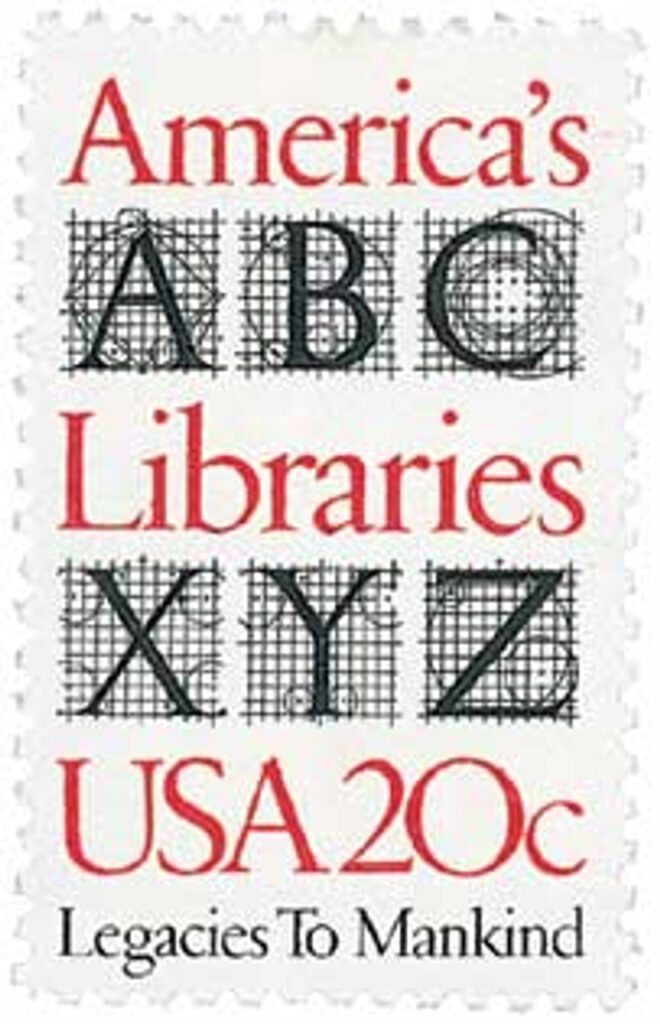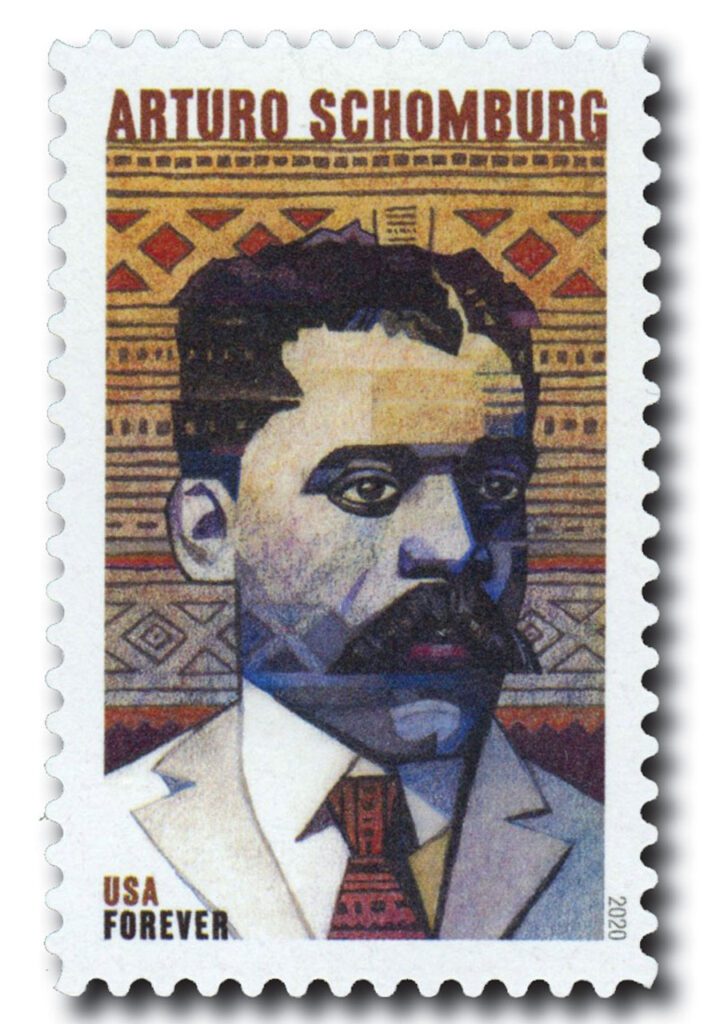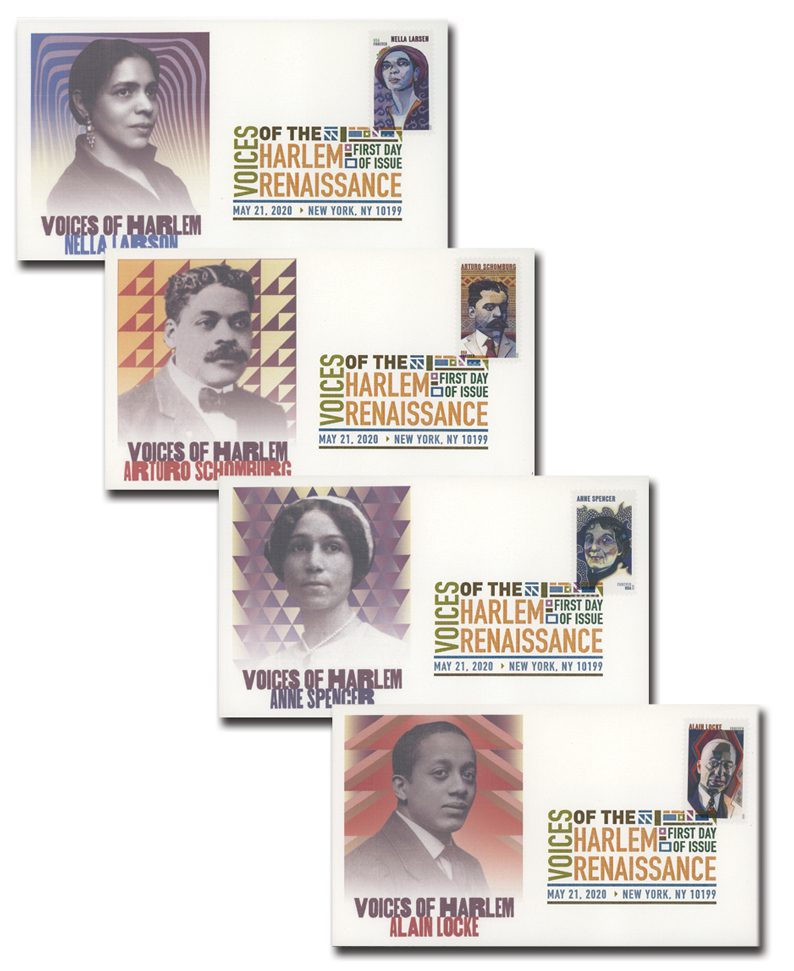Arturo Alfonso Schomburg was born on January 24, 1874, in Santurce, Puerto Rico, to an African American mother and German father. A key figure in the Harlem Renaissance, Schomburg dedicated his life to researching and raising awareness of the achievements of Afro-Latin Americans and African Americans.
When Schomburg was in school, a teacher told him Africans had no history, heroes, or accomplishments. The desire to prove that teacher wrong became a driving force throughout the rest of Schomburg’s life. He went on to study at the Instituto Popular in San Juan, where he learned commercial printing. Schomburg then attended St. Thomas College in the Danish Virgin Islands and studied Negro Literature before moving to New York City on April 17, 1891.
When Schomburg arrived in New York, he settled in a Puerto Rican section of a Cuban neighborhood in Harlem. He joined the Freemasons in 1892, at the El Sol de Cuba Lodge #38. Schomburg found a community at the lodge where Latin Americans could share and organize. He joined the Revolutionary Committee of Puerto Rico and supported Puerto Rico and Cuba becoming independent from Spain. In 1892, he founded The Two Islands political club to support his movement. The club’s members worked on sending medical supplies and money to help the independence movements.
Schomburg taught Spanish, worked a messenger at a law firm, and in the Caribbean and Latin American Mail Section of Bankers Trust Company. While living and working in Harlem, Schomburg began writing articles about African American and Caribbean history. In 1911, he and John Edward Bruce founded The Negro Society for Historical Research, bringing together African, West Indian, and African American scholars for the first time. In 1914, he joined the American Negro Academy and served as its last president from 1920 to 1928.

Schomburg became an important scholar during his career, bringing African American culture and history back from the brink of extinction. He immersed himself in the Harlem Renaissance and held several leadership positions. He helped edit the Encyclopedia of the Colored Race and published the first notable collection of African American poetry.

In 1926, the Carnegie Corporation provided funds for the New York Public Library’s 135th Street Branch to purchase Schomburg’s private collection for $10,000. The 135th Street Branch became the Schomburg Center for Research in Black Culture. It contains a large collection of African art and literature, including three chapters that were left out of Malcolm X’s autobiography. Schomburg worked as the curator of the center and used the money he received for his collection to travel the world to find more items to add to it.

In 1929, Schomburg was hired to curate the Negro Collection at Fisk University in Nashville, Tennessee. He helped design the building and increased the library’s collections from 106 items to 4,600.
Schomburg became ill after a dental surgery and died on June 10, 1938. After his death, Hampshire College created a $30,000 scholarship in his name. The University of Buffalo also has a fellowship in his name. Schomburg was an inspiration to many Puerto Rican, Latino, and African American artists and writers. Schomburg’s research, collecting, and writing of history ensured no one will ever again forget the many accomplishments of African Americans.
Click here for more about the Schomburg Center for Research in Black Culture.
| FREE printable This Day in History album pages Download a PDF of today’s article. Get a binder or other supplies to create your This Day in History album. |
Discover what else happened on This Day in History.




This article was very enlightening, Sadly, I do not recall learning about him in school, though his name was familiar. I thought it was a Jewish name. What a loss to every one. Thank you for this article and thank you Arturo Schomburg.
I taught history in high school and college for many years, and I am somewhat familiar with the Harlem Renaissance, but I don’t recall ever recall hearing Schomburg’s name either. Of course, in a one-year U.S. History course, it isn’t possible to cover or even mention the name of everyone. It’s hard enough to cover even the really prominent figures in any depth.
One possible reason why the name: Arturo Schomburg is not mentioned or does not appear in African American Works, may have to do with the fact that since he was born in Puerto Rico of mixed race, the social establishment that we are all part of, does not consider him true African American. His work: Encyclopedia of the Colored Race, would be: Inciclopedia de la Raza de Color,
in Spanish. Interesting that as far back as before 1891, there was a Cuban neighborhood in Harlem. I too would would have thought that the name: ‘Schomburg’, is of Jewish/Yiddish origin. The Lodge: El Sol de Cuba Lodge #38, is: The Cuban Sun Lodge #38.
Thanks for the information. I heard of the Renaissance but it was a light breeez of it. People should get recognize and credit for what they did. Thanks
Schomburg’s cremains are in the floor of the main entrance to the Schomburg Center for Research in Black Culture. located at 515 Malcolm X Blvd, New York, NY 10037 off West 135th Street.